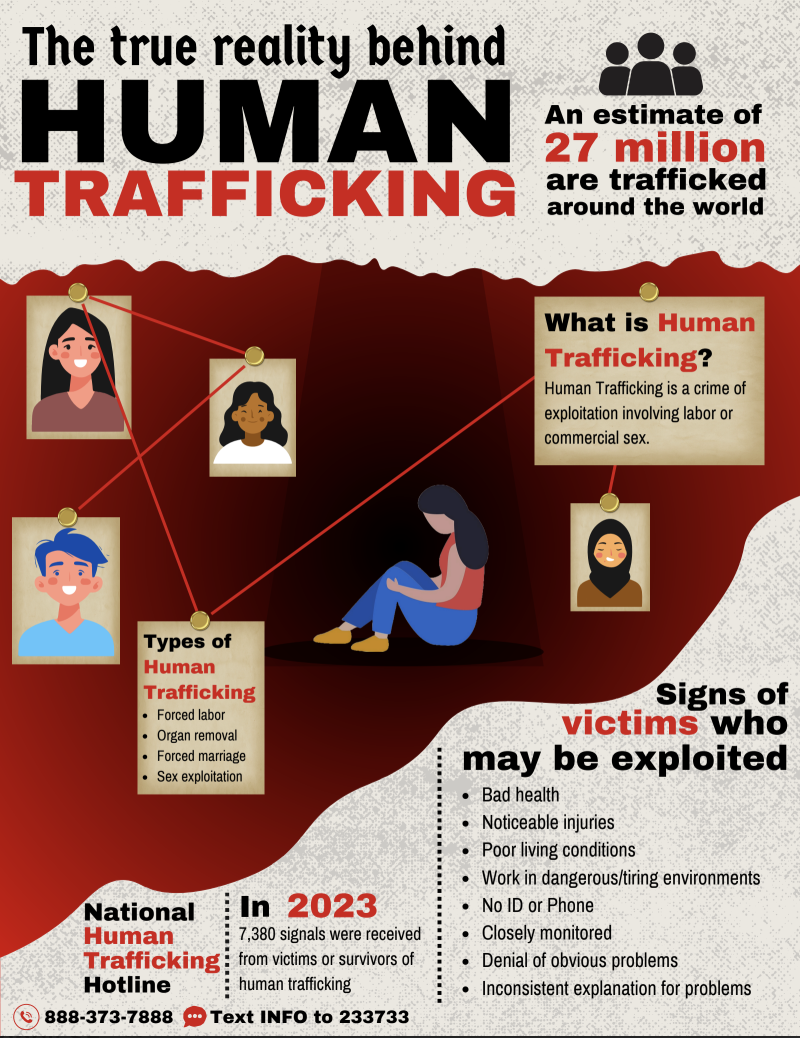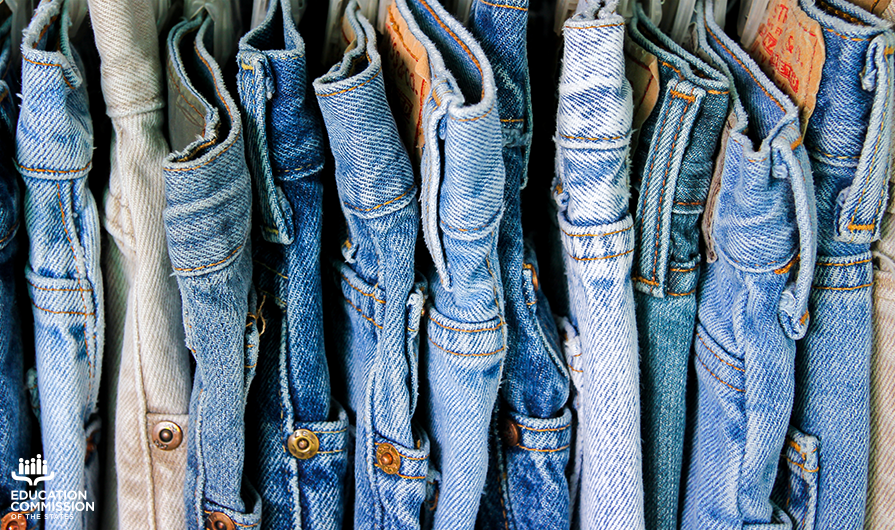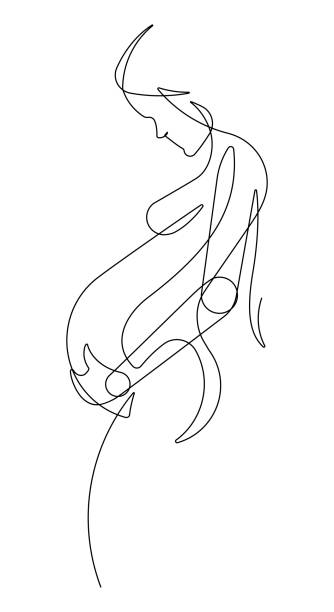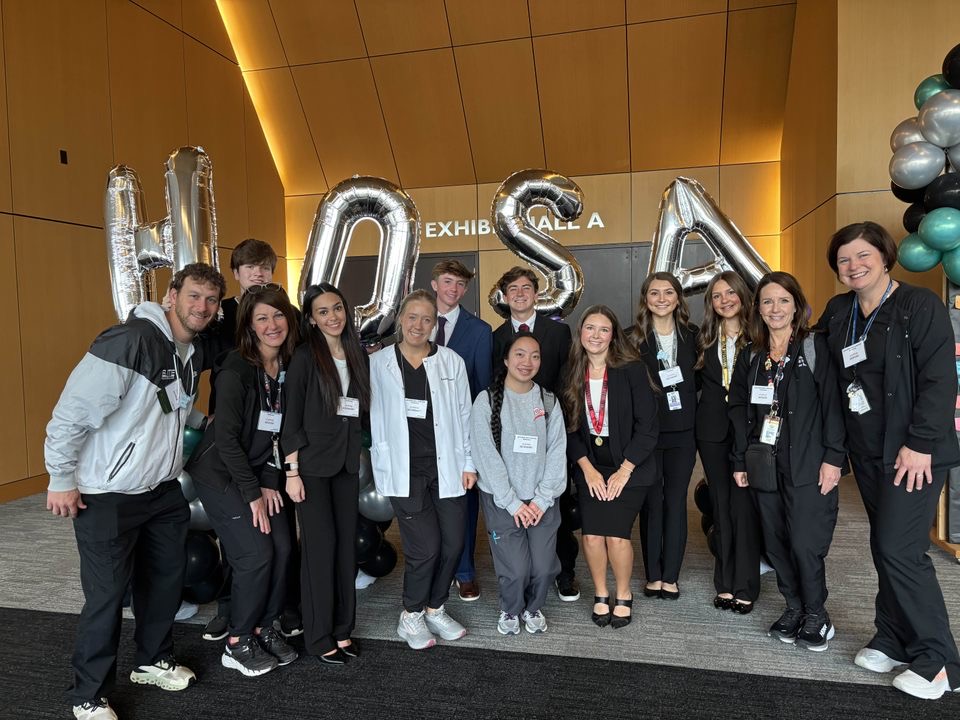During the month of January, people take time to raise awareness for human trafficking. To raise awareness, we must better educate ourselves on the topic. Human trafficking is when people are persuaded, tricked, or forced into working against their will, often for labor or sex. It is estimated that 27 million people are trafficked around the world. It is critical that society understands the severity of trafficking and can identify when it may be happening or what actions to take. Since the year 2023, there have been 16,999 victims identified in sex and labor trafficking. However, law enforcement, non-profit, and government agencies are working hard to lower the statistics of trafficking all around the world. They are implementing things such as stronger laws and cross-border collaboration. They are also using many programs and initiatives, such as the United Nations Global Plan of Action, which helps those struggling with trafficking to escape and come up with long-term solutions. While there can be many causes, there are a few that heighten the risk. This can include things such as poverty, a history of abuse and neglect, or people who are addicted to alcohol and/or drugs. There are many important signs to watch for when deciding if someone is truly in danger, but there are a few that are slightly more noticeable. Firstly, the trafficker may control what the victim does, such as deciding who they talk to and where they go. The victim may fear speaking freely or look anxious around the trafficker. They may also have no ID or phone; if they do, it may be closely monitored. The victim may be in bad health or have noticeable injuries regularly, and may also have confusing or changing stories. This signals that their speech is limited, almost as if they are reading from a script. Lastly, they may live in poor living conditions or work in a dangerous and tiring environment. When learning about human trafficking, it is essential to educate yourself on the signs, but it is also important to know the facts versus the myths. It is important to note that not all victims are looking for a way out of the trafficking situations. After being trafficked, it is easy to fall into a pattern that can become addictive or natural for some. It is also commonly assumed that traffickers target people they do not know. However, many cases reported have been from family members, friends, and/or work partners. It is believed that all human trafficking involves sex. However, experts say that labor trafficking is more common. It is crucial to acknowledge that trafficking does not only affect girls and women, but men and young boys are also at risk. LGBTQ men and boys are especially vulnerable. Another myth is that trafficking is almost always violent. However, most traffickers use manipulation to persuade their victims into labor or sex. Although many survivors exist, the aftermath of their experiences continues to affect them throughout their lives. Studies show that many survivors of trafficking can experience depression, anxiety, and even memory loss. Many struggle with PTSD, a post-traumatic stress disorder that causes nightmares, flashbacks, and fear caused by previous traumatic events such as trafficking. Studies indicate that approximately 50% of trafficking survivors experience PTSD, showcasing the urgent need for better support systems. Victims often blame themselves, and feel a sense of guilt and lack of trust. Survivors may even struggle with everyday tasks that seem simple to others, such as showering, going to school or work, and even socializing with others. These “simple” tasks can feel extremely daunting as they try to work their way back into society. The effects of trafficking can be long-lasting for each individual, and can affect personal relationships, workplace behavior, and social behavior. Recovery is a slow and tedious process, but with support from loved ones and cognitive behavioral therapy, survivors can begin to regain their confidence and get their lives back. To all trafficking survivors out there, you are stronger than you know, and your past does not define your future. Surviving is just the beginning. You can and will create a beautiful life of hope, success, and recovery. If you or someone you know is struggling with trafficking, call the National Human Trafficking Hotline at 1-888-373-7888.
(Infographic made by Angela Jiang)


















